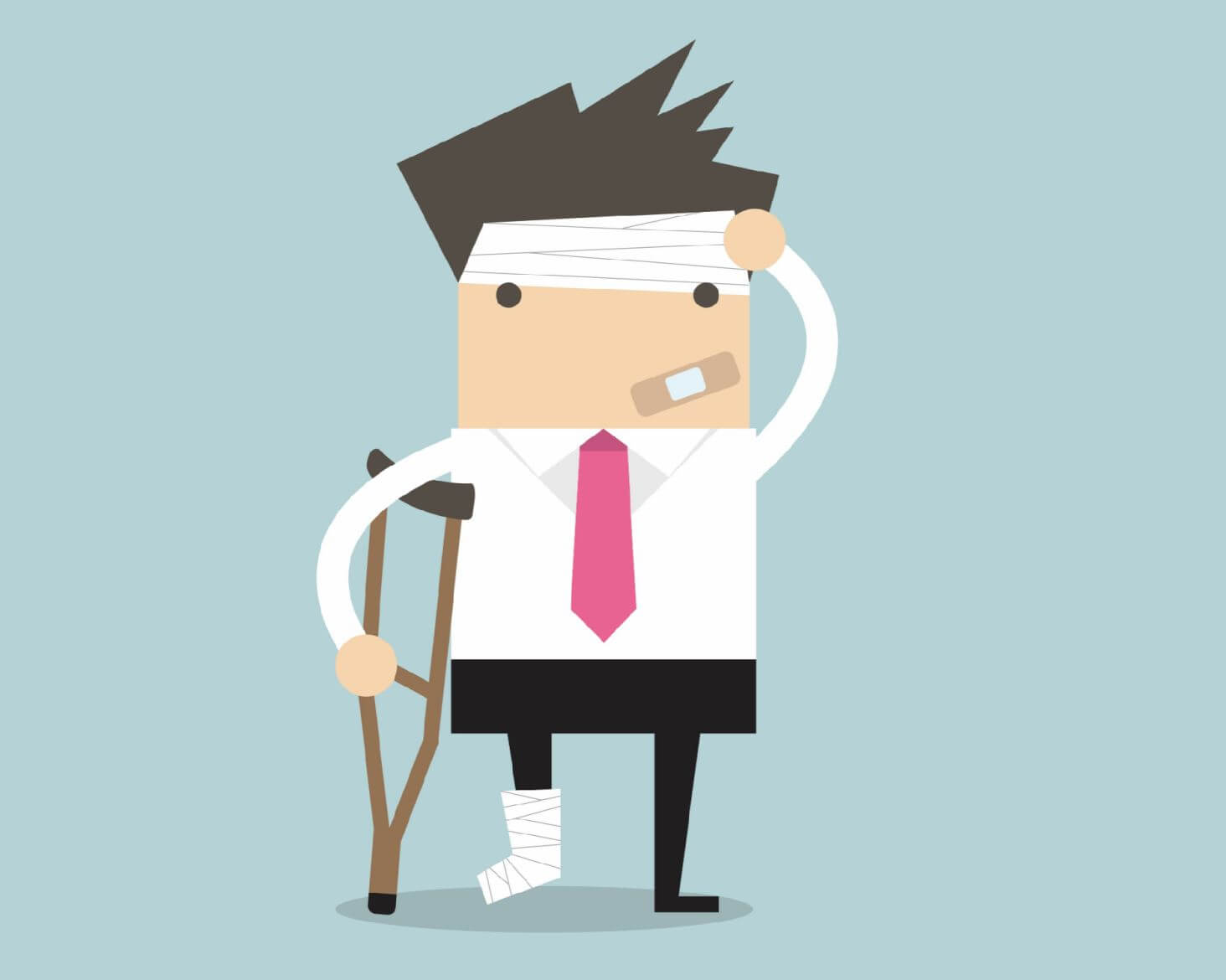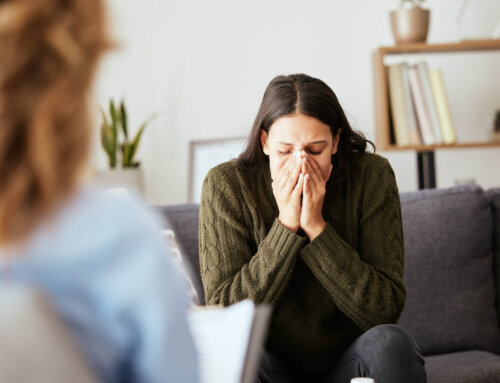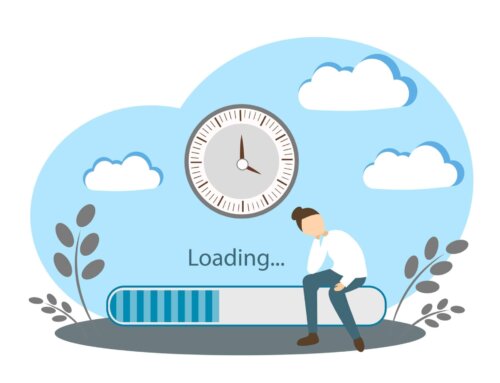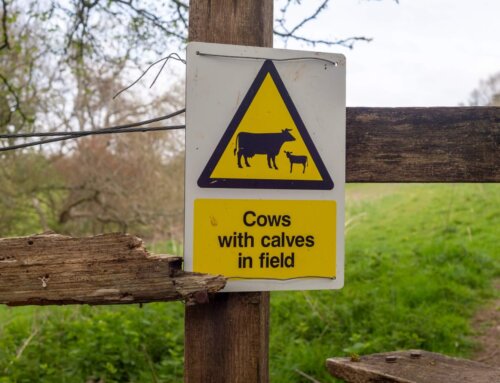You’ve had an accident at work and suffered injuries as a result. If the accident was not your fault, you might be entitled to make an accident at work claim.
All kinds of things are probably going through your head. You’ll be asking yourself many questions and wondering what you should do next. We hope this short accident at work guide will help to answer many of your questions.
Your employer owes you a duty of care to provide you with:
- A safe working environment
- A safe system of work
- Competent work colleagues
- Safe machinery, plant and equipment
In addition, your employer must also comply with government legislation designed to keep you safe whilst at work.
If your employer breaches the duty of care and, as a result, you have an accident at work and you sustain an injury, you probably have reasonable grounds for bringing an accident at work claim against the company for whom you work.

We only act for claimants, that is, people claiming against their employer. We don’t work for employers or insurance companies. Our law firm has 20 years of experience of handling workplace injury claims, so let us share the benefit of that experience with you in this very brief but handy guide to the things you need to consider before starting an accident at work claim.
If you’ve had an accident at work, read this before doing anything else…
Step 1: The most important thing you can do after you’ve been injured in an accident at work is to concentrate on getting treatment for your injury. It’s the only thing you should focus on immediately after you’ve been involved in a workplace accident.
Serious injuries, in a way, take care of themselves. If you’ve been badly injured in an accident at work, it’s almost certain you’ll have been taken to A&E by ambulance or, at the very least, by a work colleague.
Sometimes, less serious injuries can be poorly managed, with a quick once-over from the company first aider often being seen as sufficient, even by the injured person themself. For example, without a professional examination, what may appear at first sight to the untrained eye to be a minor bump on the head resulting from a slip, trip or fall accident, could end up being diagnosed, further down the line, as Traumatic Brain Injury (TBI).
So, you must attend A&E or make an appointment to see your GP if you have suffered any type of injury in an accident at work. Please do this as soon after the accident as possible, i.e., the same day.
Step 2: Ask for practical help from a colleague whom you trust. You may be off work sick for some time with your injuries. A trusted colleague will keep an eye on what is happening at work and alert you, for instance, to attempts by your employers to take advantage of your absence by seeking to paint the accident circumstances in a more favourable light.
Step 3: Take photos of the accident scene as soon as possible after the accident – better still, take a video of the location. You may need to ask your trusted colleague to do this for you if your injuries prevent you from returning to work straight after the accident. Getting visual evidence showing the accident site as it was, as close to the time you were injured as possible, could be helpful evidence in support of any subsequent accident at work claim you decide to bring against your employer.
Step 4: Get the contact details of any witnesses to the accident, so you can get them to provide a witness statement.
Step 5: Make a note of how the accident happened. Don’t leave it too long to do this. Your memory of the accident will be at its peak in the few days after the accident and will gradually fade. By all means, add to your notes if you later remember certain things about the accident that you had initially overlooked.
Step 6: Report the accident to your line manager. If you were working offsite, report it to whomsoever you regard as the person you answer to whilst offsite.
Step 7: Keep up the pressure on your employer to record the accident in the company accident book. Every business must, by law, have an accident book if it has ten or more employees. Most smaller, reputable businesses will have one too. If your employer tries to evade their responsibility to record the accident, send them an email with full details of the accident. By doing so, you will have a record of having reported the accident to your employer, even if it doesn’t get put into the accident book.
Step 8: Keep up the dialogue with your GP for as long as you have symptoms from the injury you sustained in the accident.
We’ve already stressed the importance of ensuring you get checked over by your GP, or at A&E, immediately after your accident at work. If you have ongoing symptoms, it’s important to relay this information to your GP and to attend follow-up consultations.
Keep a diary of your symptoms. This is particularly important if you are pursuing an employer’s liability claim. If you allege ongoing symptoms, it helps if your medical records show you were relating the fact to your GP. It helps to substantiate your injury claim.
Step 9: Will you get sick pay whilst you are off? It depends on your contract of employment.
Some employers will pay you in full pay whilst you are off work, at least for a certain period.
Others will only pay you statutory sick pay (SSP) whilst you are off work. To qualify for SSP, you must be classed as an employee, have done some work for your employer and earn an average of at least £123 per week. SSP is paid for a maximum of 28 weeks.
You can claim for loss of earnings as part of your claim for an accident at work. Any SSP you are paid whilst off work will be offset against the compensation you receive
Step 10: You may consider making a subject access request to your employer. Why do this? It requires your employers to provide you with all the information relating to you that they hold. There may be details of your occupational health records, something in writing about the accident or details of emails concerning you that have passed between them and others. There may be something within the information they disclose that your solicitor will find helpful if you decide to bring an accident at work claim.
You have the right to make this request for information under the rules of GDPR.
Step 11: Keep a record of expenses and losses you pay out or incur. Even if you have to use more electricity because you are recuperating at home and need to have the heating on, make a note of the fact. Every time you incur an expense, note it down. Doing this will ensure you don’t forget to include all items of loss and expense in your claim. Keep receipts.
Step 12: Some people worry about claiming against their employer following an accident at work, and they think their employer will have to pay any compensation themselves. However, your employer is legally obliged to maintain an employers liability insurance policy. If you claim personal injury compensation after an accident at work and are successful, the insurance company pays the compensation, not your employer.
Step 13: Agency workers are owed a duty of care by their employer. So, if they get injured at work due to their employers breach of duty of care, they are entitled to make a workplace accident claim.
Step 14: Contact a specialist firm of personal injury solicitors. It’s the word ‘specialist’ that we think is hugely important. At the start of this blog, we outlined the many years of experience we have at Mooneerams Solicitors; individually, many of our solicitors have more than 20 years of experience. That’s experience dealing with personal injury claims and only personal injury claims. What’s more, we run most accident at work claims on a no win no fee basis using No Win No Fee Agreements.
Contact Mooneerams accident at work solicitors for a free consultation with one of our experienced personal injury team. You aren’t committing yourself by doing so.
What have you got to lose?
Call us on 029 2048 3615 or contact us online, and we’ll get straight back to you.









